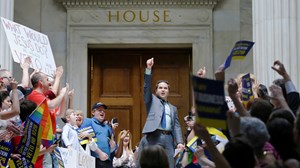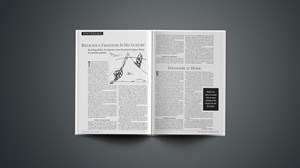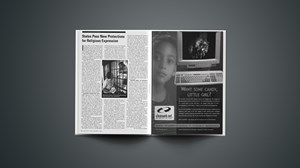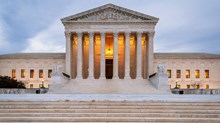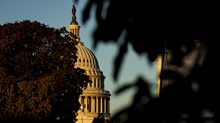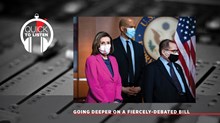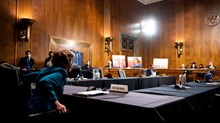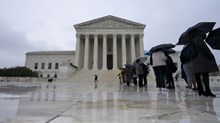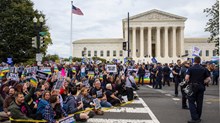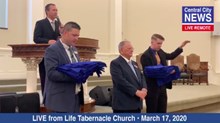Religious Freedom Restoration Act
The Religious Freedom Restoration Act is a 1993 federal statute designed to resolve conflicts between generally applicable laws and religious beliefs. It was passed in reaction to Employment Division v. Smith, a US Supreme Court case involving Native Americans who used peyote in religious rituals. Under the law, the government must have a compelling interest to overrule a religious belief, and must to do in the least intrusive way possible. In the 1997 City of Boerne v. Flores decision, the Supreme Court said that RFRA only applies to states. In 2014, the court ruled that RFRA also applies to some businesses. About 20 states have their own version of RFRA.
Featured Articles
